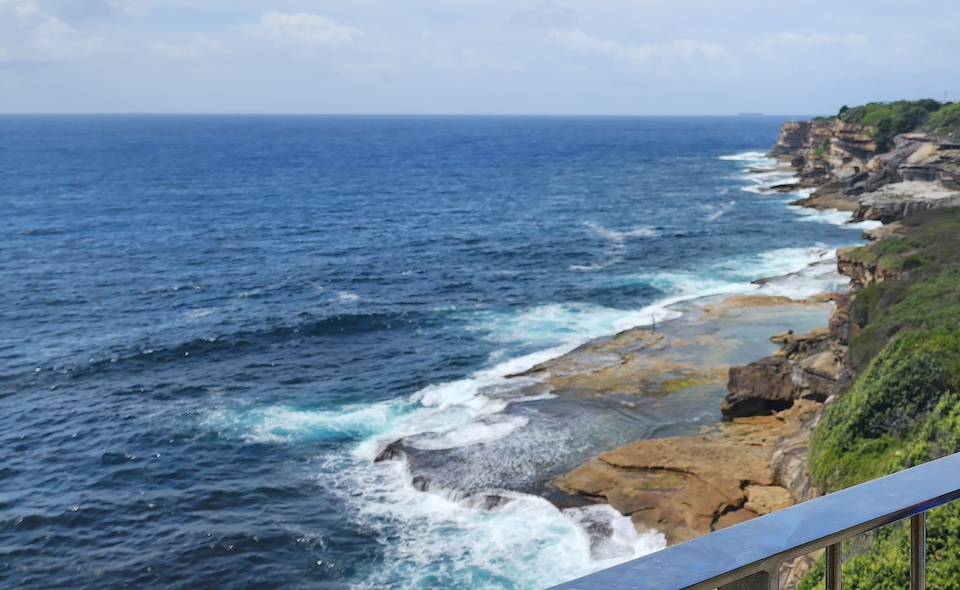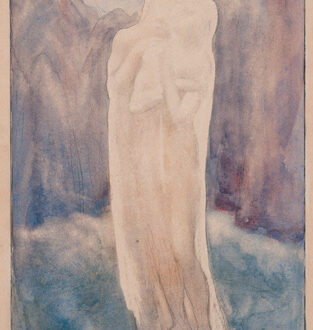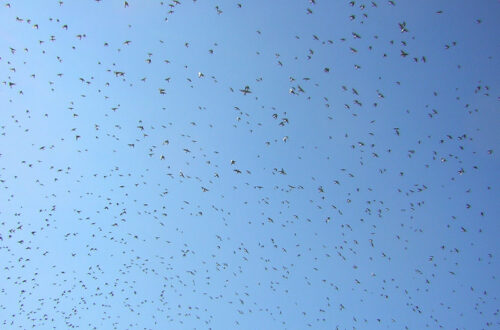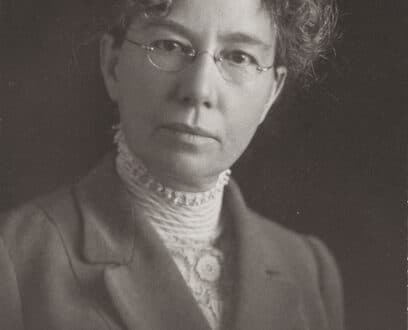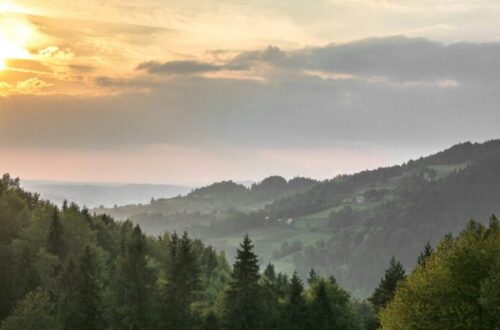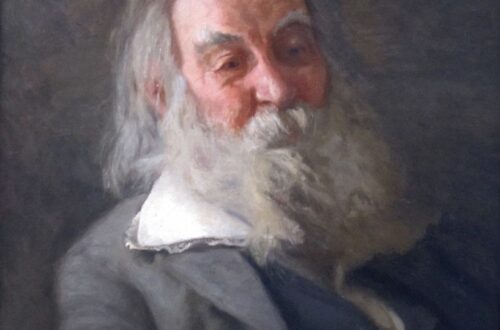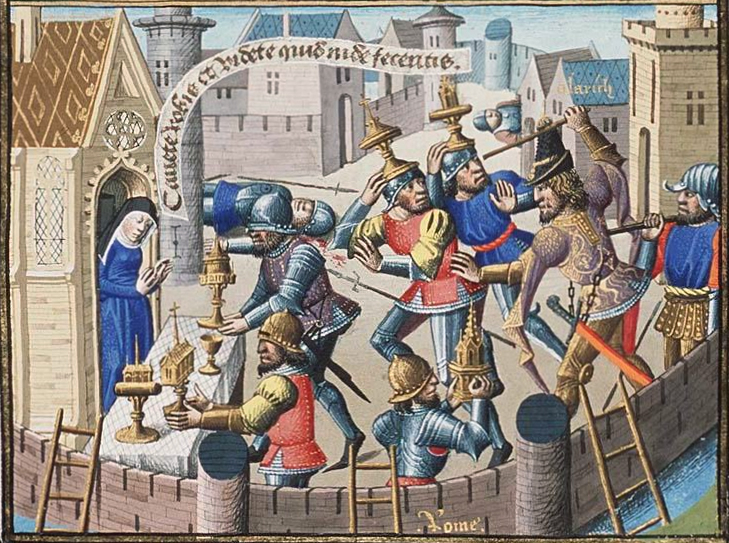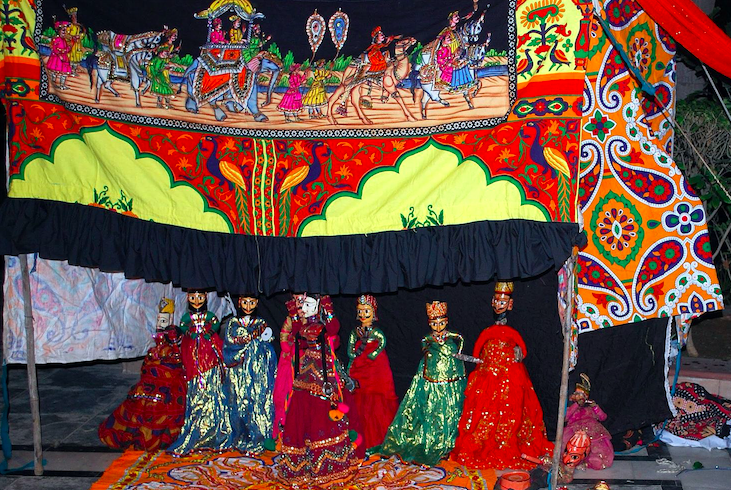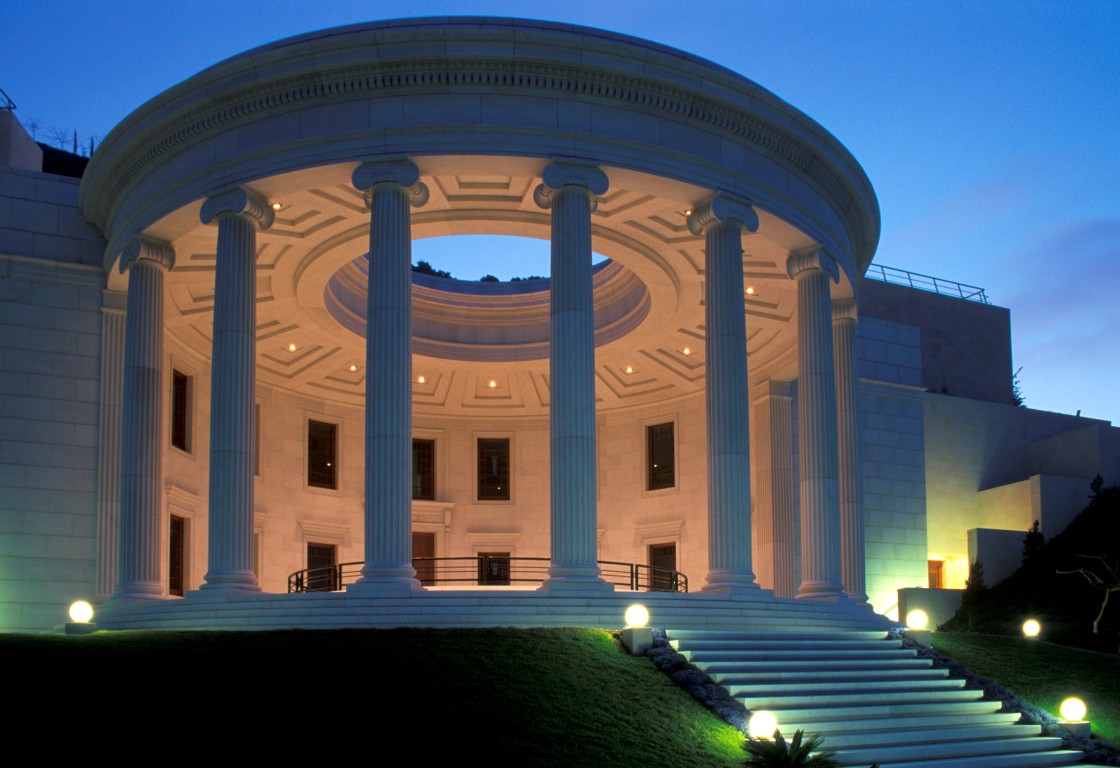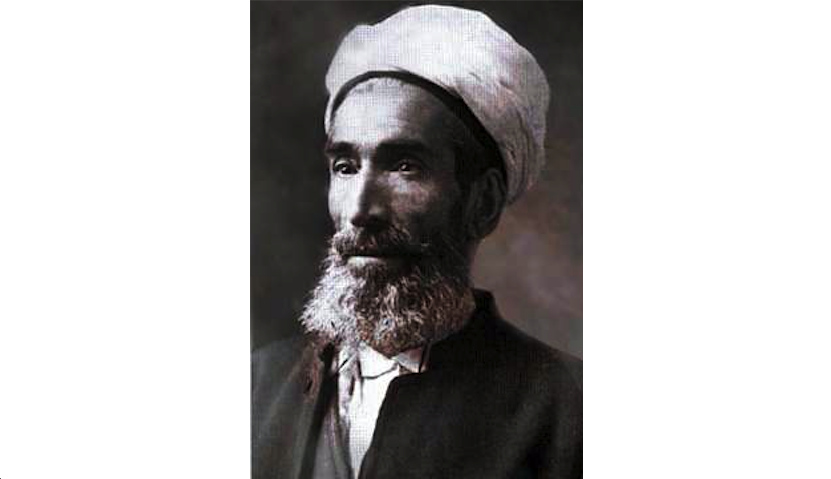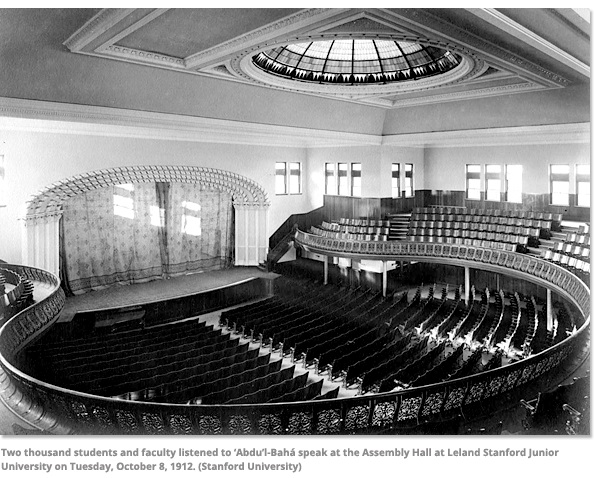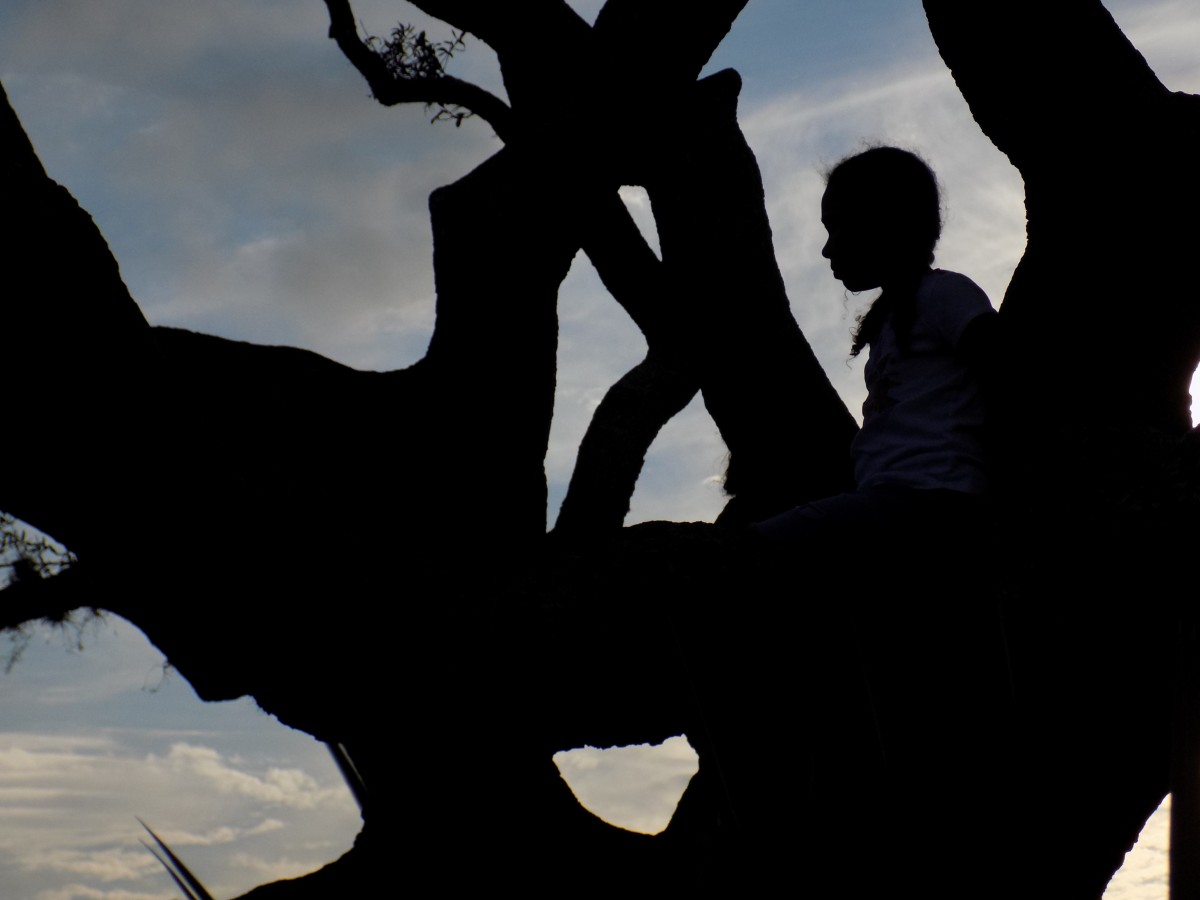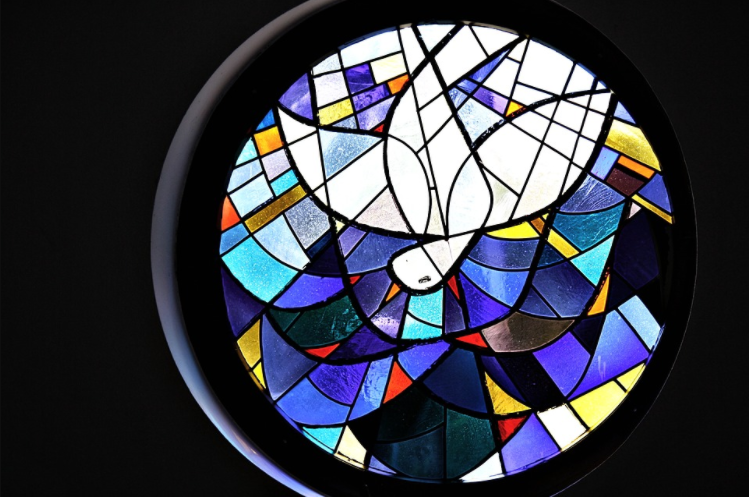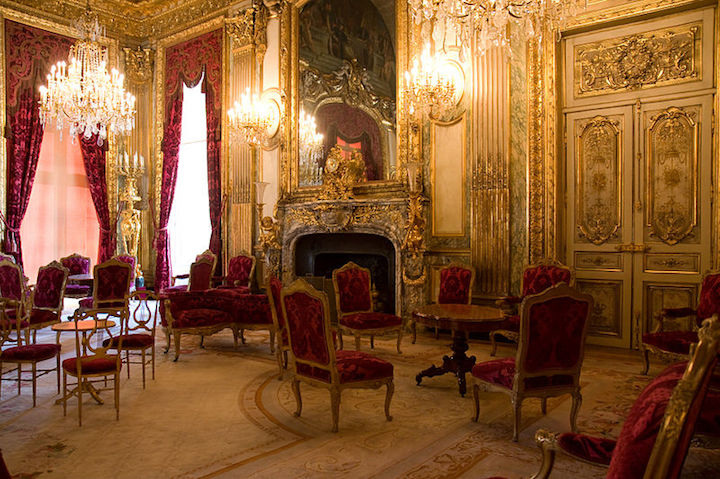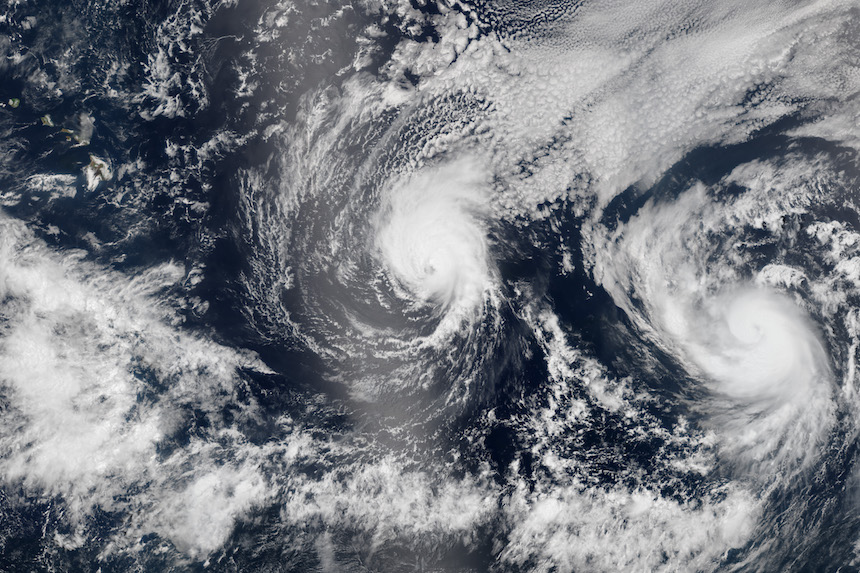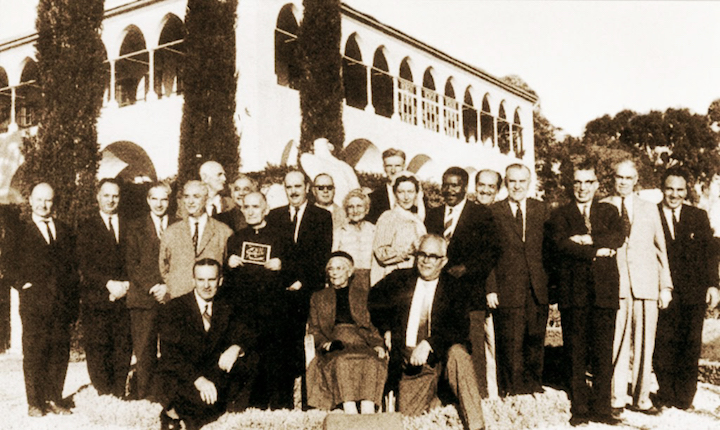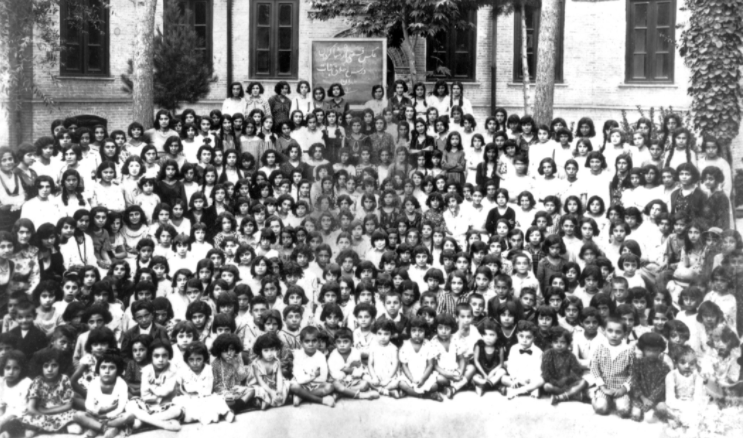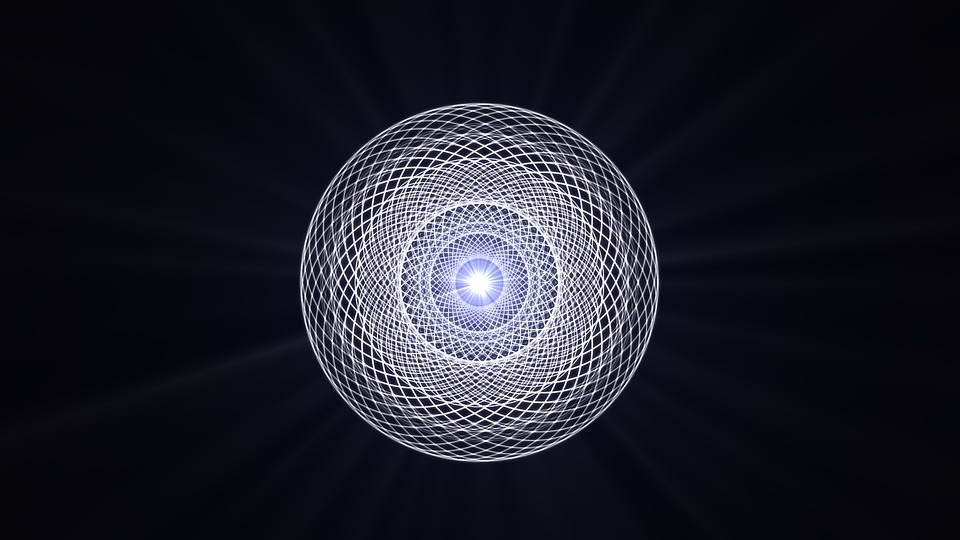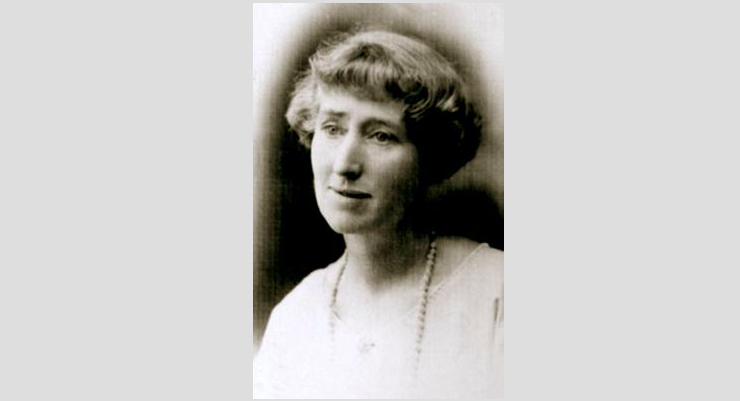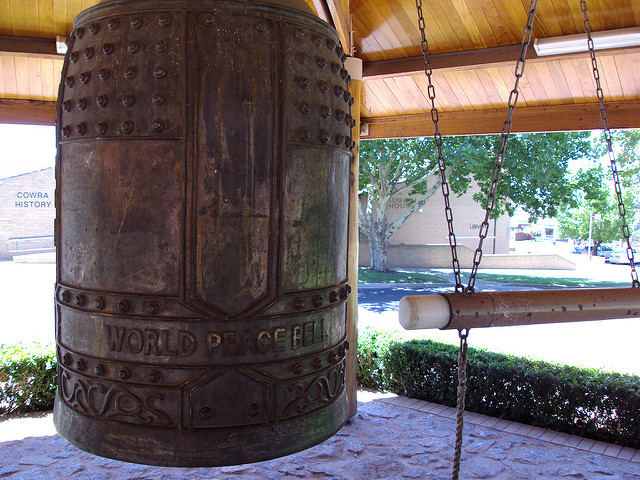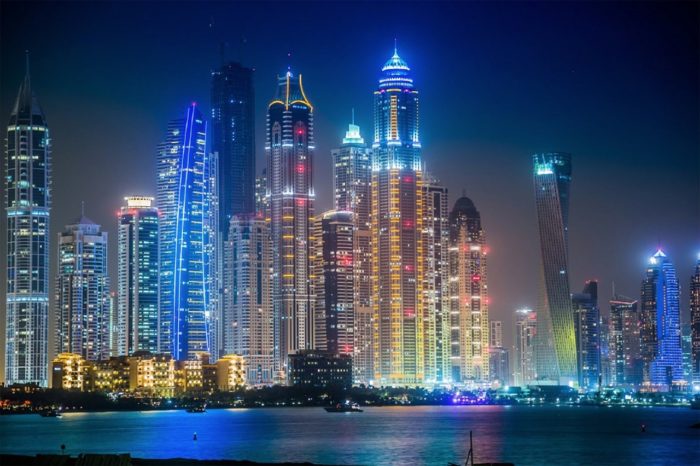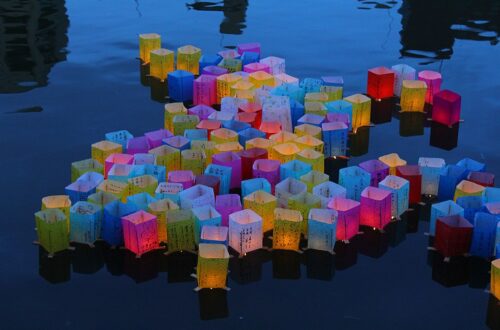warfare
-
Dead Earth Dead Sea – A New Midrash
This poem was inspired by my muse (my beautiful wife) while we were on the Sydney ocean walk between Coogee and Bronte. As she was looking at the ocean, a thought came to her and she said “all the seas flow into each other …” then adding “… except the Dead Sea”. That spark inspired my poem below. Questo poema fu ispirato dalla mia musa (la mia bellissima moglie) mentre camminavamo sul lungomare di Sydney fra Coogee e Bronte. Mentre lei guardava l’oceano, un pensiero le è venuto e ha detto “tutti i mari scorrono uno dentro all’altro …” poi aggiungendo ” … tranne il Mar Morto.” Quella scintilla ispira…
-
Not the pages are divided
This poem was inspired by the process of translation and thinking about the physical book (the parallel text bilingual publication) in which the translations live. It explores the relationship between the words and pages. Questo poema fu ispirato dal processo di tradurre e pensare al libro fisico (la pubblicazione bilingue con pagine affiancate) in cui si trovano le traduzioni. Il poema esplora la relazione fra parole e pagine. Non sono le pagine ad essere divise Not the pages are divided Inglese a destra, l’italiano a sinistra, Divisi l’un dall’altro: oriente è l’oriente e ovest l’ovest, Uno spazio di un pollice, ma fin quando le vedremo, parole da pagina a pagina,…
-
Forgotten crimes and the sack of Rome
The sack of Rome in 410 AD hastened the emergence of a new post-Roman world and eventually, over the course of fifteen centuries, the birth of the country we now call Italy. The tale that has come through to our time of that sacking is one of uncivilised pagan German tribes – outsiders – tragically tearing down the centre of western civilization. This caricature is inaccurate in many ways. As is often the case, the real story is more complicated. In echoes of our own time, it is a tale of political intrigues and racial divisions. The Roman world at the end of the fourth century was a different place…
-
The Sultan’s Puppet Show
Shortly after Bahá’u’lláh was condemned to exile and imprisonment in the prison-city of Akka, he wrote to the Grand Vizier responsible for his banishment. The letter (the Tablet to the Chief) condemns the injustice of the Grand Vizier’s order and warns of his impending demise. Part of the letter is devoted to a brief story from Bahá’u’lláh’s childhood. In the story, Bahá’u’lláh is at a marriage feast being held in his father’s home. As part of the festivities, the puppet show “Shah Sultan Salim” is to be performed. As the play begins, the puppets announce that the Sultan is coming. There is a commotion as the puppets prepare the Sultan’s way…
-
Civilization and its Excesses
Bahá’u’lláh called on all human beings to work for the advancement of civilization, yet he also warned of the danger of carrying civilization to excess. All men have been created to carry forward an ever-advancing civilization.[1] And yet: If carried to excess, civilization will prove as prolific a source of evil as it had been of goodness when kept within the restraints of moderation. Meditate on this, O people, and be not of them that wander distraught in the wilderness of error. The day is approaching when its flame will devour the cities….[2] Bahá’u’lláh wrote in the 19th century. His insight of the approaching danger saw far ahead of his contemporaries, who tragically could not see the appalling dangers ahead. The following is from an…
-
We Are One – Bahá’u’lláh’s Teachings Against Violence
Human beings are not inherently violent. But that we have a problem with violence is undeniable. How many times have prophets, poets, philosophers and philanthropists of all kinds called us to love and peace? Yet how many times have human beings found (indeed continue to find) excuses for violence? In this article five aspects of Bahá’u’lláh’s teachings against violence are discussed: individual violence, religious violence, political violence, domestic violence and interstate violence. An aspect of the oneness of humanity – that human beings ought be like “one soul and one body” is that violence between human beings ought become a thing of the past. Bahá’u’lláh wrote: … it is Our purpose, through…
-
Women and Men Have Been and Will Always Be Equal
“Women and men have been and will always be equal in the sight of God.”[1] With these words, Bahá’u’lláh challenges the age old oppression of women. Thus, the following concept applies as much in respect of gender equality as elsewhere: Know ye not why We created you all from the same dust? That no one should exalt himself over the other.[2] The general assertion of gender equality is addressed by Bahá’u’lláh in a diversity of fields in which, historically, gender equality has been denied. On work, Bahá’u’lláh states: … It is incumbent upon each one of you to engage in some occupation – such as a craft, a trade or the like.[3] There is no distinction…
-
Cowra Peace Bell tolls a warning
As many know, Cowra once held a Japanese prisoner of war camp. The tragedies that happened there when the prisoners tried to break out, has become the stuff of Australian legend. Less well known is that Japanese civilians were also interned in Cowra during the war. Some never left Cowra. A World Peace bell, donated by the World Peace Bell Association, was erected in Cowra in 1992, in recognition of the city’s contribution to peace and its enduring connections with Japan. I wrote this poem after a visit to Cowra. The Cowra Peace Bell, like those erected in other cities around the world, follows a traditional Japanese design. In Japan…
-
Beginnings Old and New
It might seem odd to start an article about beginnings by talking about the end, but that’s the whole point. Our assumption is that time is linear. The beginnings are behind us, and, inexorably, we will arrive at “the end”. And culturally, much of our story telling encourages us to have the sneaking fear that our collective end will be horrible. The dystopian stories of our future – the amplified dysfunctions of our time are the common fare of movies such as Gattaca, and Elysium. Our accounts of the past also forebode bleak “end times” story as is the case in Agora. The list is endless, but includes movies such as the Planet of the Apes,…
